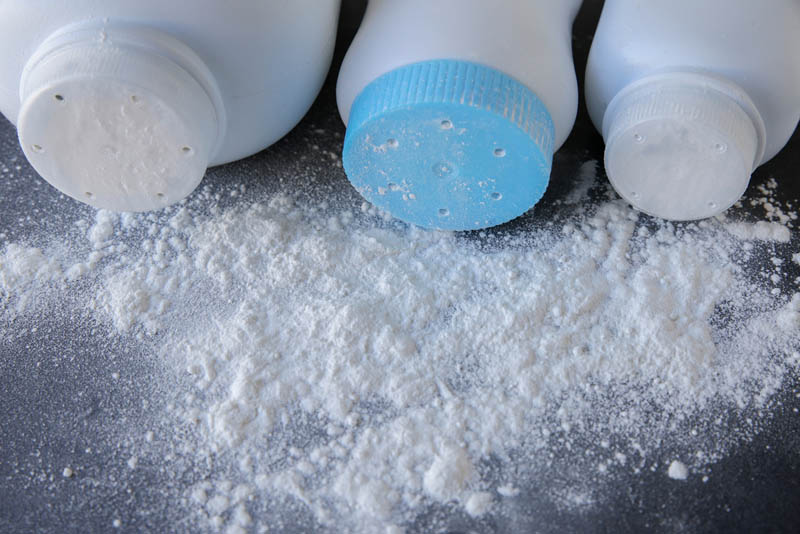
Talcum powder was once a bathroom essential. Parents would advise their children to put it in their underwear before gym class or after a shower to fight sweat and odor. Given that people referred to it as “baby powder,” it is not surprising that many parents also used it on infants to help prevent diaper rash.
Unfortunately, some people who frequently used talcum powder later develop cancer. The reason isn’t because of the talc itself, but rather another mineral substance contaminating the powder. Asbestos frequently exists very close to talc in natural mineral deposits, and contamination could endanger the public.
If you believe your recent cancer diagnosis relates to talcum powder use, Johnson & Johnson’s recent bout of bad publicity could have an impact on your case.
Why is Johnson & Johnson back in the news?
Over the last several years, there have been multiple large lawsuits brought against the health and beauty conglomerate Johnson & Johnson. Some of these claims have resulted in massive judgments against the company.
Recently, Johnson & Johnson is back in the news because details of inmate testing that they performed in the 70s has become public knowledge. It turns out that the company performed human testing on Pennsylvania inmates, injecting these people with two different kinds of asbestos. Simply put, because of those tests, the company knew that adverse reactions were common when people have prolonged or intensive exposure to asbestos.
The company also knew about product contamination
Although Johnson & Johnson never bothered to label its products with warnings about the possibility of asbestos and the dangers the substance can cause, the company knew about contamination issues in many of its mines.
There are internal memos going back decades talking about exposure levels and consumer safety. This information has all been verified by journalists, meaning that reasonable people would accept these claims as factual.
There is documentation to connect asbestos in talcum powder with adverse medical consequences and also reason to believe the company knew it could expose consumers without having warned them first. Those negatively affected by contaminated talcum powder, including individuals diagnosed with cancer and those who have lost loved ones to asbestos-related cancer, may potentially have grounds to bring a civil claim against the company.
Reviewing your medical records to connect your cancer with contaminated talc can be a good starting place for those considering an asbestos-related lawsuit.
